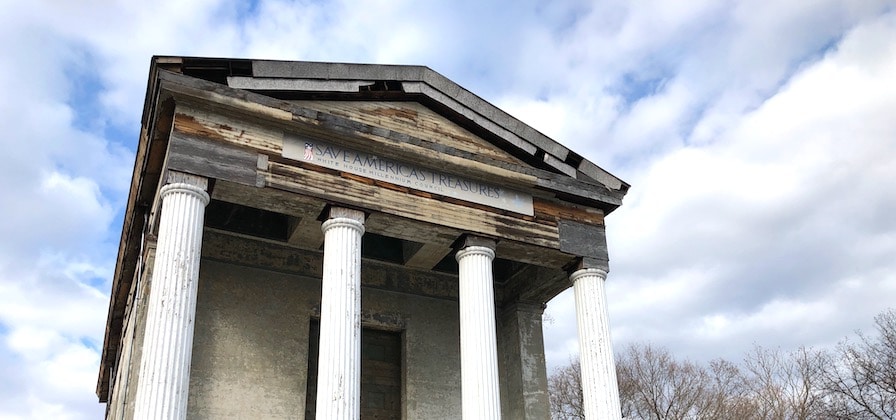
When investigating a community to determine its investment potential, there are a number of factors to consider. These might include physical, social, economic, development, and political infrastructure for a start. While all factors play a part in this evaluation, political structure is perhaps the most important criteria to consider. Unfortunately, it’s also one that’s often overlooked by investors.
Political infrastructure is a broad term that includes everything that impacts the way the government functions. It encompasses the way local government works; its regulations, laws, and codes; and its leaders and groups. While not always considered or thoroughly examined in the anticipation of community development, political infrastructure can profoundly impact the success of such efforts. In reality, it can help make or break a project.
What does strong political infrastructure look like?
When determining whether a community’s political climate is ripe for investment, there are a few objective factors to consider. One important thing to look at is continuity of leadership. When leaders have experience in local government, they become increasingly proficient in their roles and more able to get things done. Further, they’re able to focus on projects at hand and are less distracted by constant turnover, campaigning, or reelection efforts.
In addition to experience, it’s important to evaluate the relevant skills of local leaders. Specifically, do they have expertise in local government and a thorough understanding of the development process, including zoning, architecture, placemaking, and finance.
Local commitment to development projects is another important factor to consider. It’s essential that local leaders are focused and dedicated to community revitalization and development. Further, beyond just primary leaders, it’s important to evaluate the support networks that the political infrastructure has, including the support of local constituents, the involvement of constituents in local politics, and the presence of individuals that can help facilitate development, including engineers and a skilled housing committee.
How to effectively evaluate political infrastructure
If you’re considering investing in a community, don’t overlook the political environment of the area. Thoroughly evaluate the skills, experience, and focus of local leaders. In addition, become familiar with relevant building codes and regulations that could impact development. Finally, look beyond leaders to the support network of constituents and community employees to determine their willingness and ability to make projects successful.
It can also be helpful to look at case studies of different development projects to evaluate some political factors that lead to success and others that can interfere with the project. For example,Sadie McKeown of the Community Preservation Corporation of New York describes the efforts they made in Newburgh and Beacon, New York, providing a good such study to follow. In these two small cities the relevant political factors seem to have significantly impacted the success of development efforts in Beacon and the less successful efforts in Newburgh.
It’s important to note that if you’re in the midst of a project and finding that the political infrastructure is inhibiting it, there are things you can do to help make the project successful. One simple thing the area can do is provide training for local leaders and relevant employees. Helping build their knowledge base around development can change the long-term trajectory of projects. Additionally, rallying and engaging the efforts of local constituents can help to provide support, focus, and energy for a project.
_
You can’t always predict what will happen with the political infrastructure of a community, but you can consider these factors to better understand how the political environment will impact your investment potential in an area. Making sure to prioritize this evaluation can only make your investment decisions stronger.
Image of Dutch Reformed Church, Newburgh, by Eve Picker
